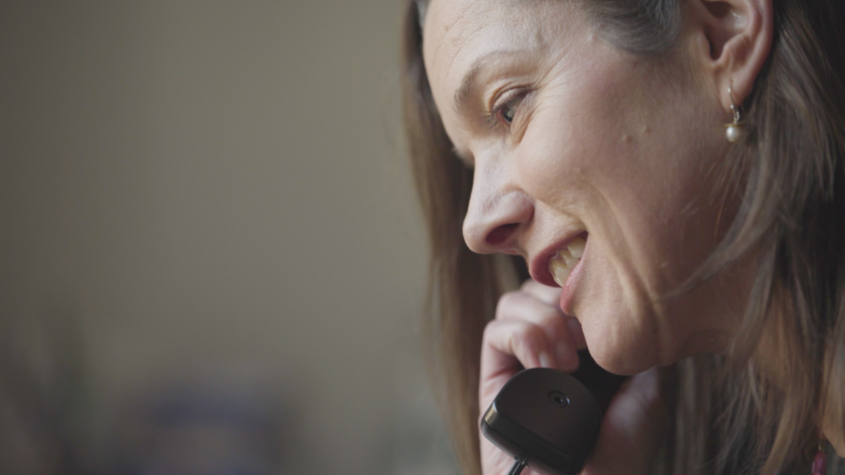Enriched or fortified food
Enriched or fortified food has extra nutrients added to it. This can help you get more calories and protein, without needing to eat more food.
- Enrich milk by mixing two to four tablespoons of skimmed milk powder into a pint of whole milk. Use this instead of ordinary milk in tea, coffee, cereals, porridge, soups, mashed potato and milk-based puddings.
- Add sugar, jam, cream or honey to cereal, porridge, puddings and hot drinks.
- Add cheese, cream, milk powder, lentils or pasta to soup.
- Add grated cheese, cream, butter, margarine, mayonnaise or salad cream to meat, potatoes and vegetables.
- Add cream, evaporated milk or cheese to milk-based sauces.
- Add grated cheese to potatoes, or sprinkle it on top of dishes like shepherd’s pie, rice and peas, fish pie or casseroles.
- Add cream, custard, evaporated or condensed milk, ice cream, honey, sugar, dried fruit, or nuts to puddings.
If you have other health problems, such as heart problems, you may have been told in the past to reduce the amount of fat in your diet. But if you have lost weight because of pancreatic cancer, eating some types of higher fat food can help you put weight on. You might want to choose options such as olive oil, nuts, seeds, and oily fish. Speak to your dietitian for advice about enriching your food.
If you are still struggling with eating, or you are still losing weight on a build-up diet, speak to your dietitian. If you haven’t seen a specialist dietitian, ask your doctor or nurse to refer you to one.
Macmillan Cancer Support has ideas for high-calorie meals that you may find helpful in their booklet, The building-up diet.



